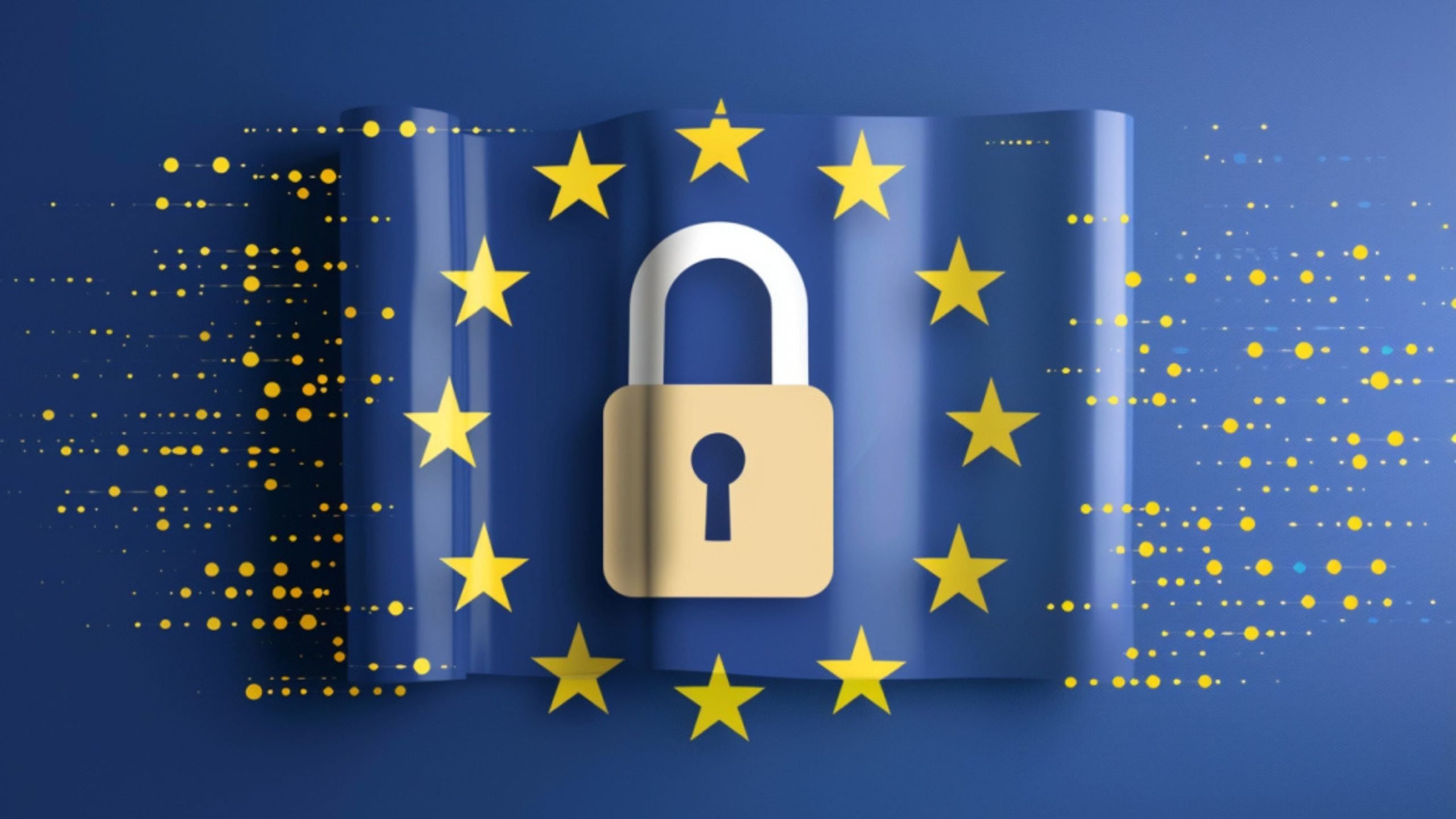A major political confrontation over online privacy is approaching as European governments prepare to decide on “Chat Control 2.0,” the European Commission’s revised proposal for monitoring private digital communications.
The plan, which could be endorsed behind closed doors, has drawn urgent warnings from Dr. Patrick Breyer, a jurist and former Member of the European Parliament, who says the draft conceals sweeping new surveillance powers beneath misleading language about “risk mitigation” and “child protection.”
In a release sent to Reclaim The Net, Breyer, long a defender of digital freedom, argues that the Commission has quietly reintroduced compulsory scanning of private messages after it was previously rejected.
He describes the move as a “deceptive sleight of hand,” insisting that it transforms a supposedly voluntary framework into a system that could compel all chat, email, and messaging providers to monitor users.
“This is a political deception of the highest order,” Breyer said.
“Following loud public protests, several member states, including Germany, the Netherlands, Poland, and Austria, said ‘No’ to indiscriminate Chat Control. Now it’s coming back through the back door disguised, more dangerous, and more comprehensive than ever. The public is being played for fools.”
Under the new text, providers would be obliged to take “all appropriate risk mitigation measures” to prevent abuse on their platforms. While the Commission presents this as a flexible safety requirement, Breyer insists it is a loophole that could justify forcing companies to scan every private message, including those protected by end-to-end encryption.
“The loophole renders the much-praised removal of detection orders worthless and negates their supposed voluntary nature,” he said.
He warns that it could even lead to the introduction of “client-side scanning,” where users’ devices themselves perform surveillance before messages are sent.
Unlike the current temporary exemption known as “Chat Control 1.0,” which allows voluntary scanning of photos and videos, the new draft would open the door to text and metadata analysis. Algorithms and artificial intelligence could be deployed to monitor conversations and flag “suspicious” content.
Breyer notes that such automated scrutiny cannot interpret context and risks sweeping up ordinary exchanges. “No AI can reliably distinguish between a flirt, sarcasm, and criminal ‘grooming’,” he said. “Imagine your phone scanning every conversation with your partner, your daughter, your therapist, and leaking it just because the word ‘love’ or ‘meet’ appears somewhere. This is not child protection, this is a digital witch hunt.”
According to Breyer, the existing voluntary system has already proven flawed, with German police reporting that roughly half of all flagged cases turn out to be irrelevant.
The proposal also carries major implications for identity and anonymity online. A new requirement would force users to verify their age before creating accounts on messaging or email platforms, an obligation that would likely require official ID or biometric checks.
Breyer argues that such measures effectively abolish anonymous communication. “This is the de facto end of anonymous communication online, a disaster for whistleblowers, journalists, political activists, and people seeking help who rely on the protection of anonymity,” he said.
He also condemned the provision restricting minors under 16 from using messaging and social media platforms with chat functions. “Digital isolation instead of education, protection by exclusion instead of empowerment, this is paternalistic, out of touch with reality, and pedagogical nonsense,” he warned, saying the measure risks cutting young people off from key channels of social and educational interaction.
Breyer is calling on EU governments that previously resisted mass surveillance, among them Germany, the Netherlands, Poland, Czechia, Luxembourg, Finland, Austria, and Estonia, to block the regulation in its current form.
“Now, these governments must show some backbone!” he urged. “Block this sham compromise in the Council and demand immediate corrections to save the fundamental rights of all citizens.”
He proposes a series of specific changes before any agreement should move forward: a guarantee that “risk mitigation” cannot be used to mandate scanning, a prohibition on AI-driven monitoring of text conversations, strict judicial oversight for targeted investigations, and the preservation of anonymous access to communication tools.
“They are selling us security but delivering a total surveillance machine,” Breyer concluded.
“They promise child protection but punish our children and criminalize privacy. This is not a compromise; this is a fraud against the citizen. And no democratic government should make itself an accomplice.”










